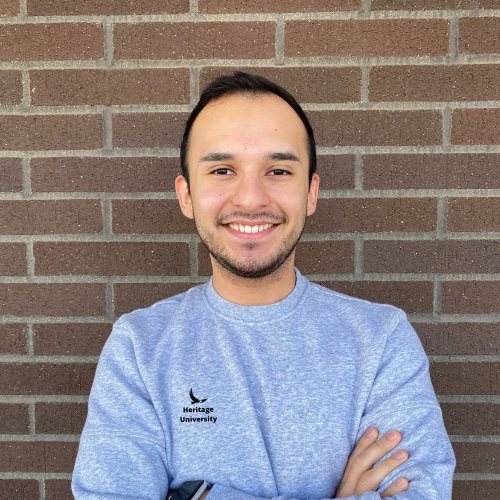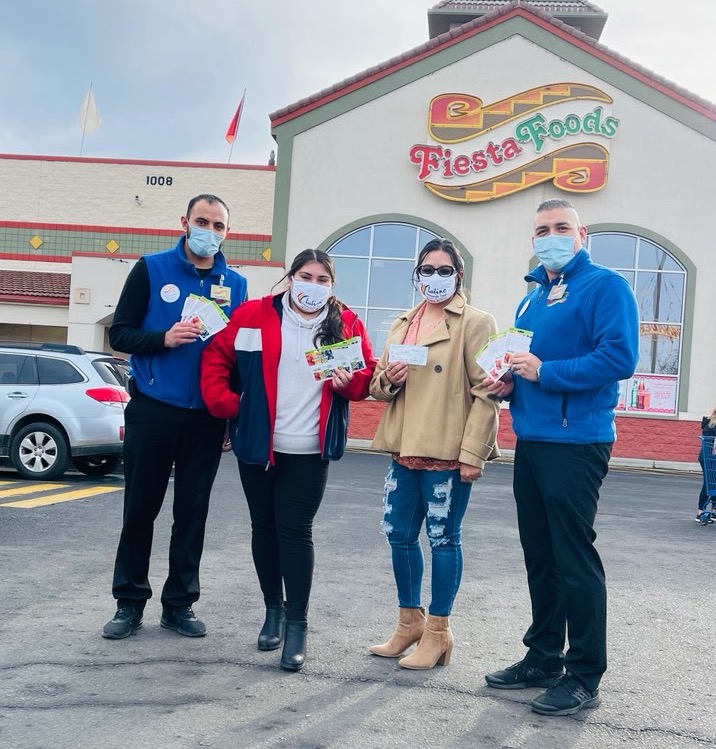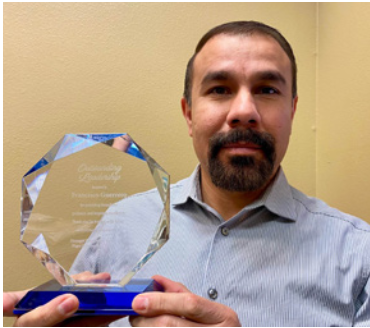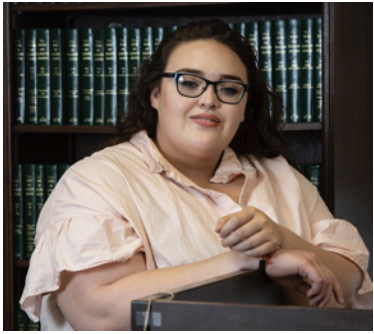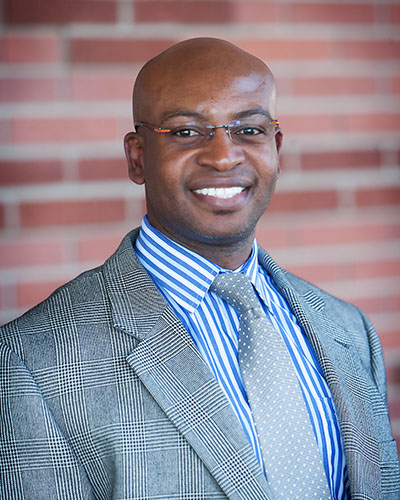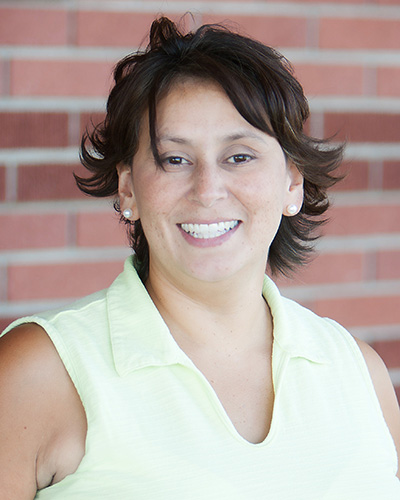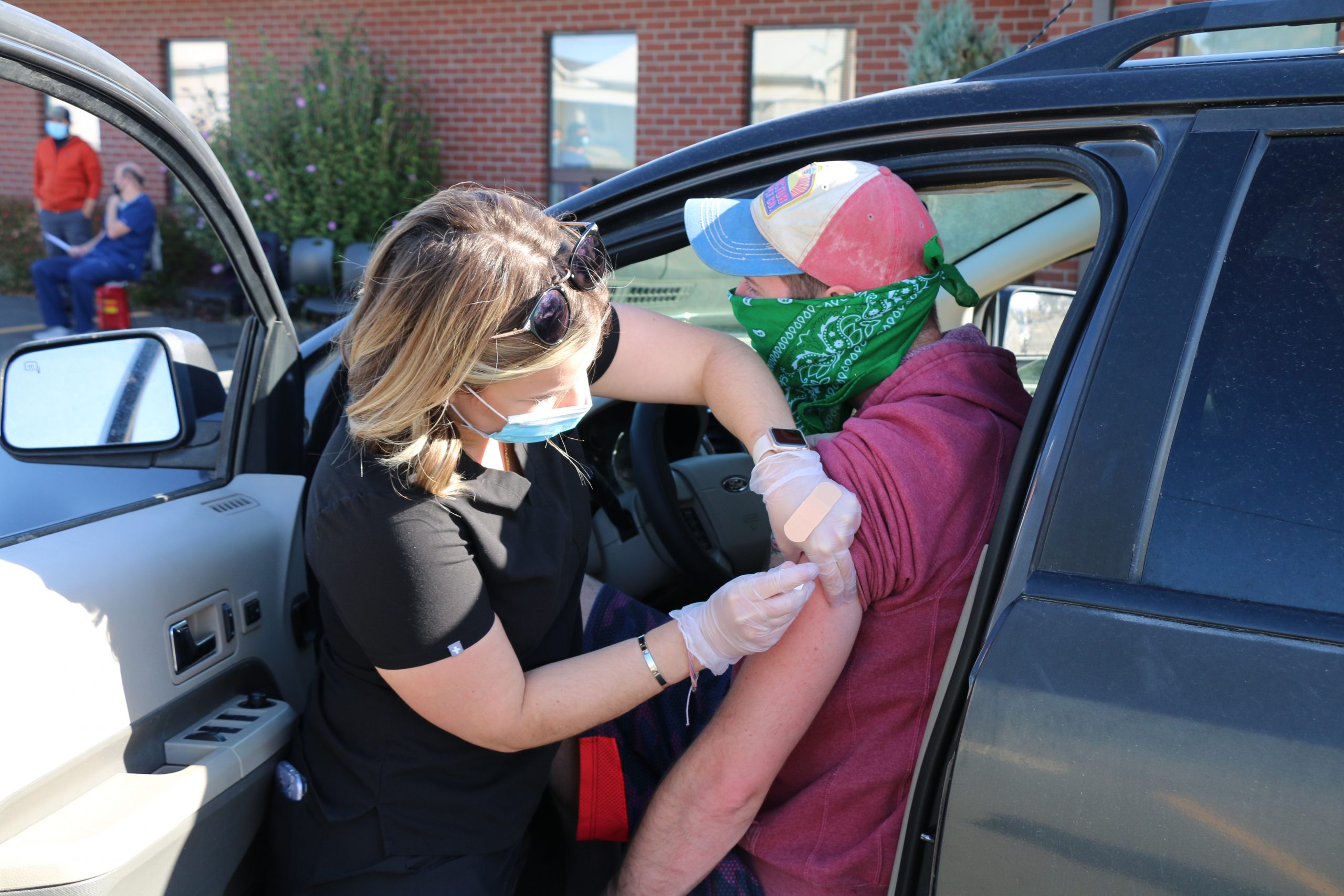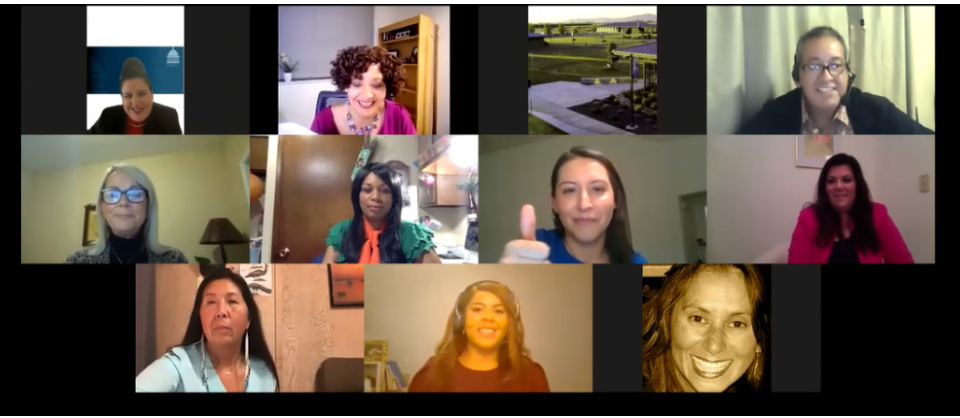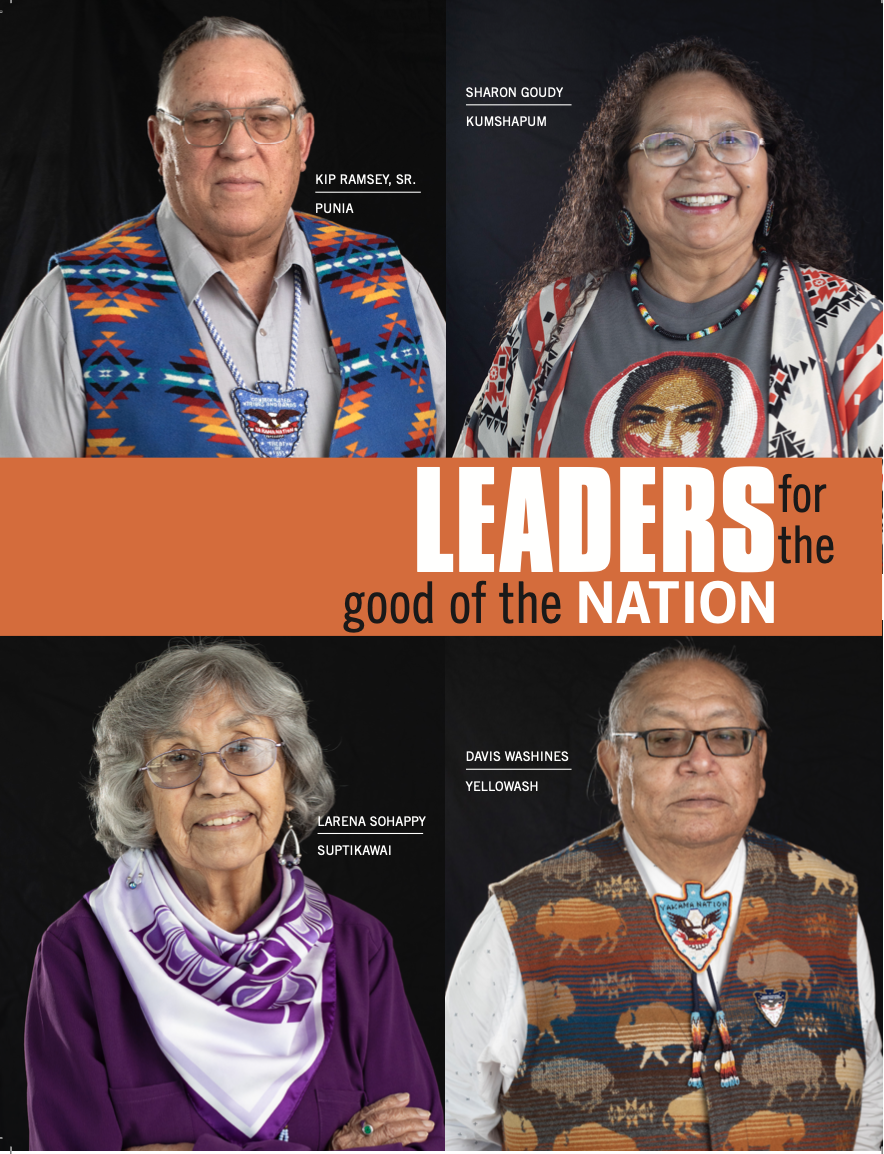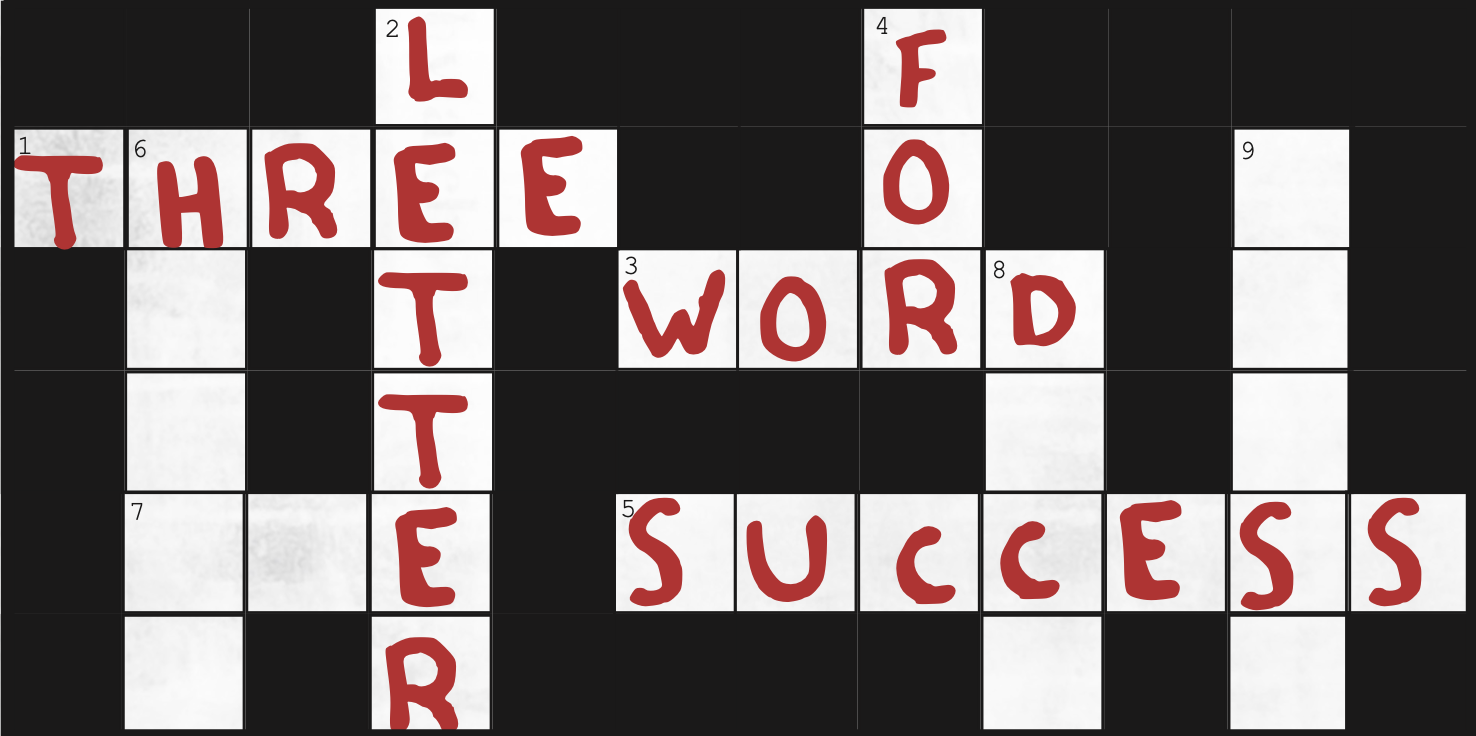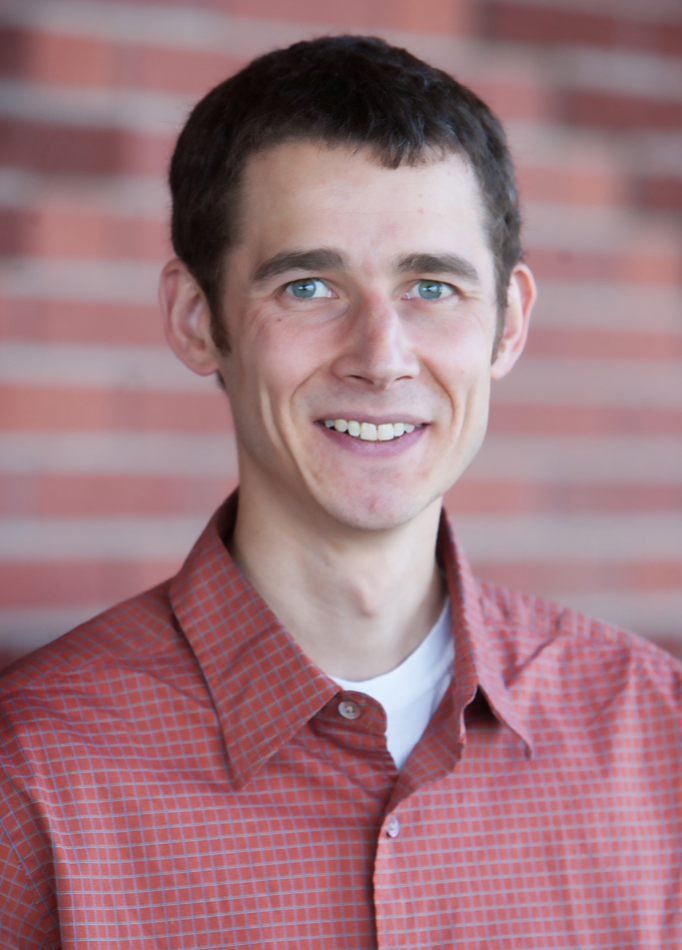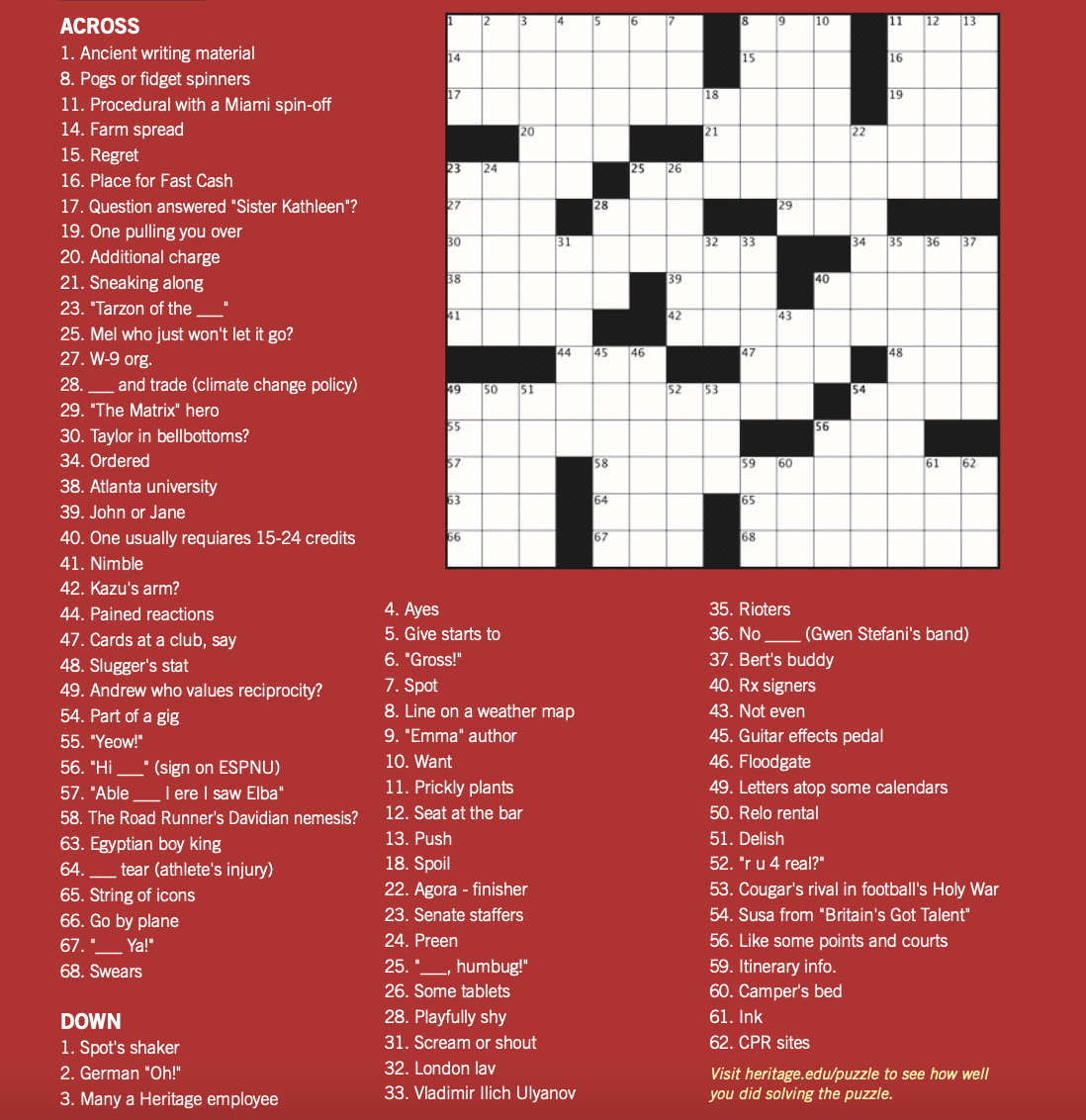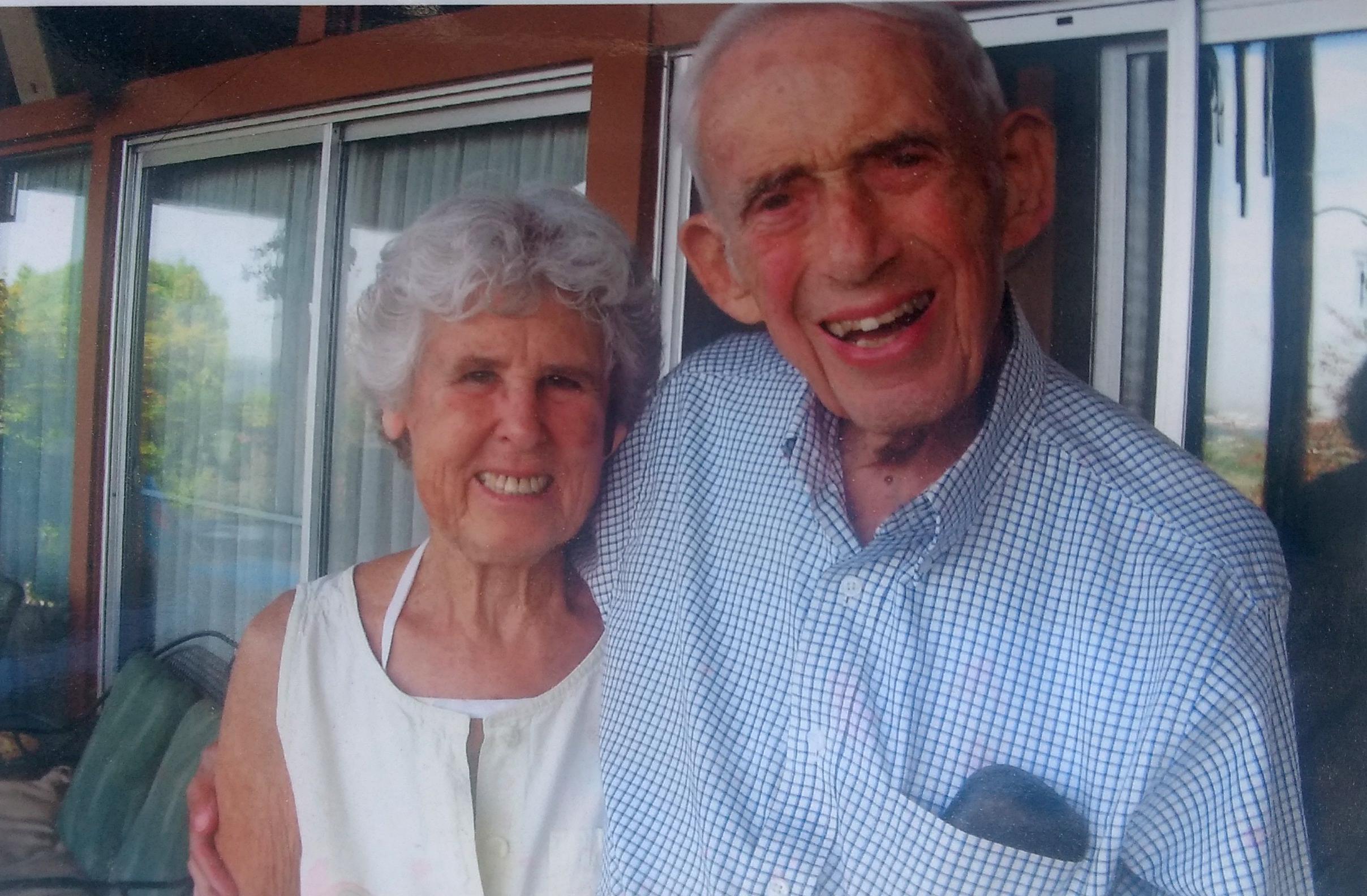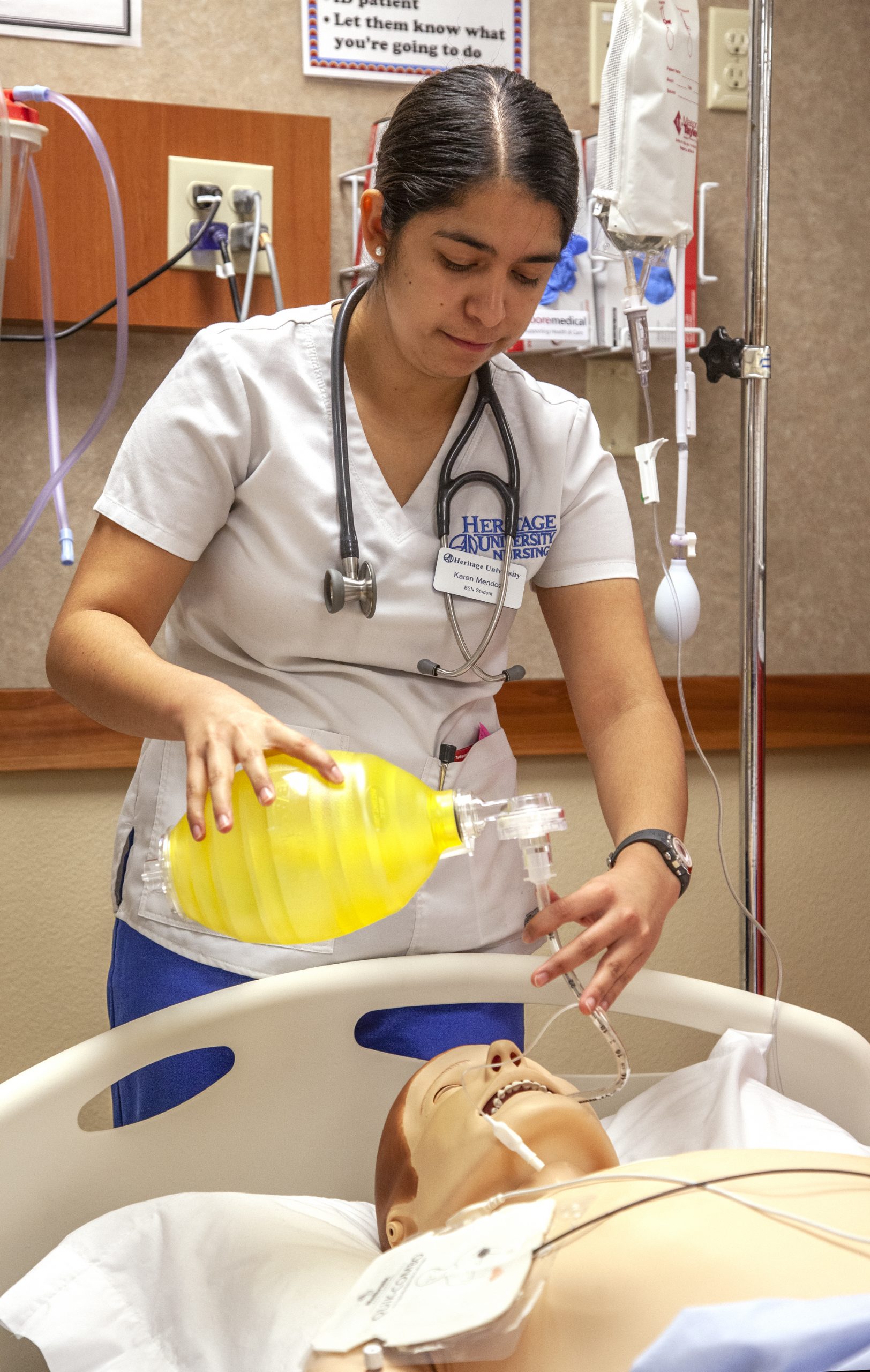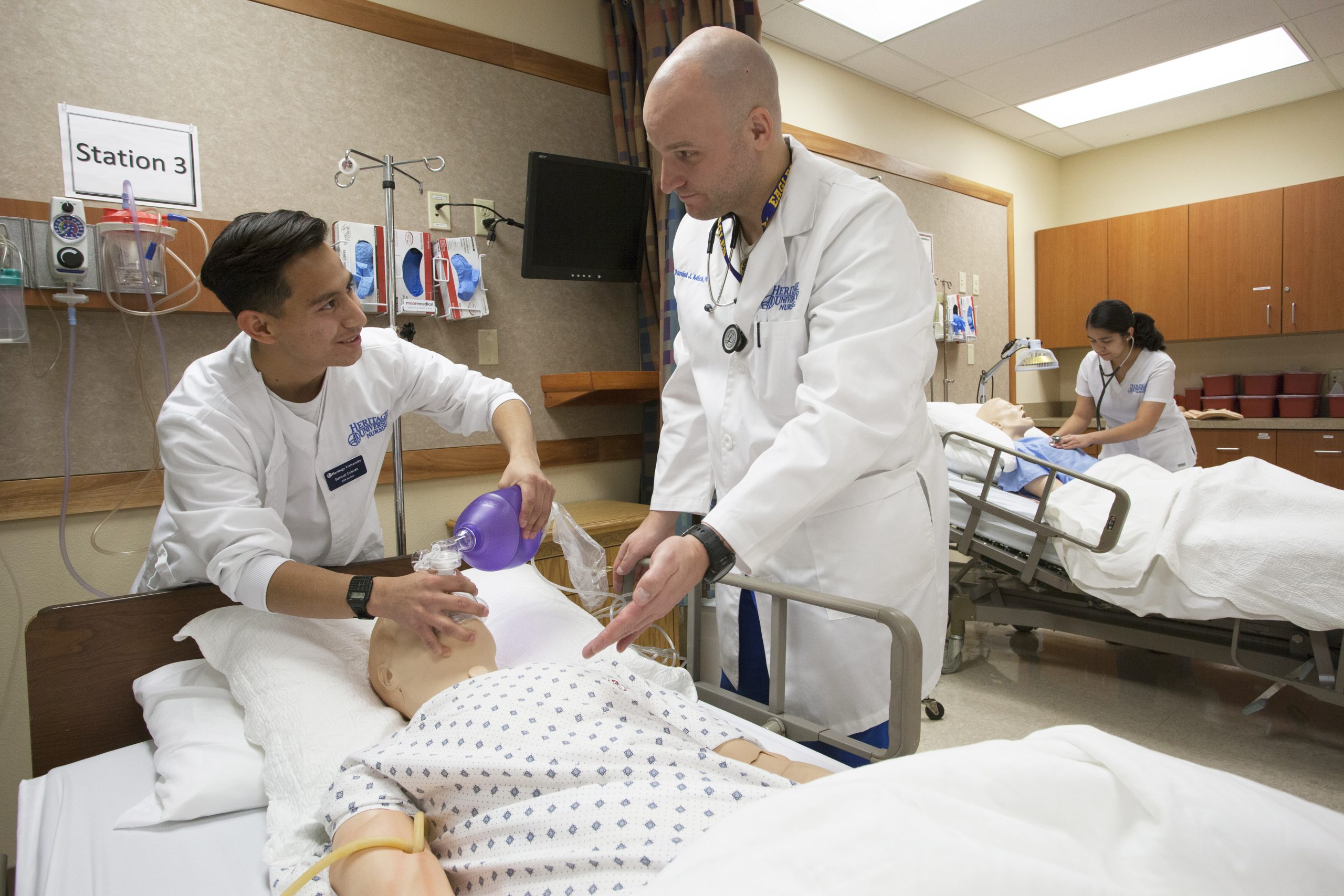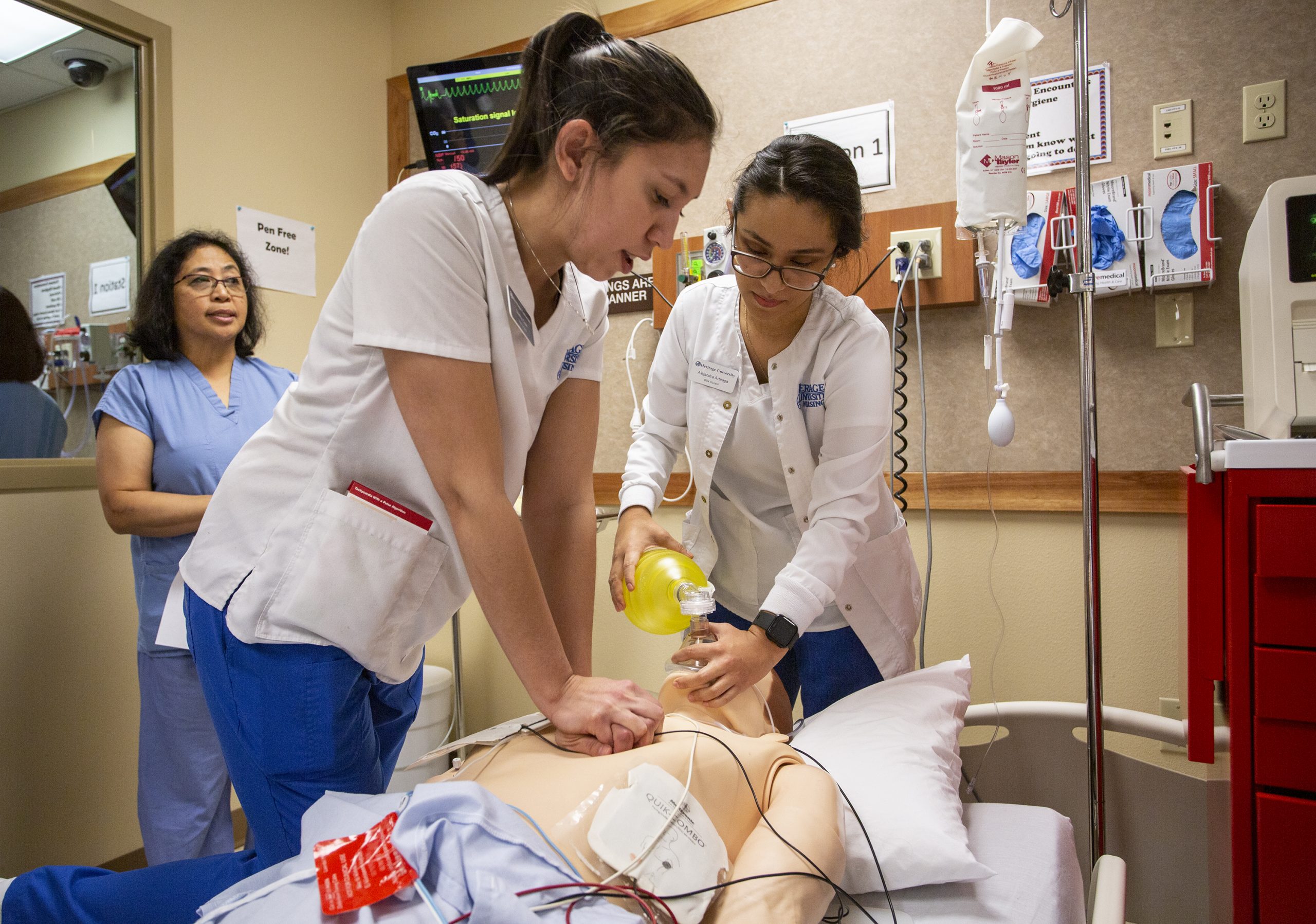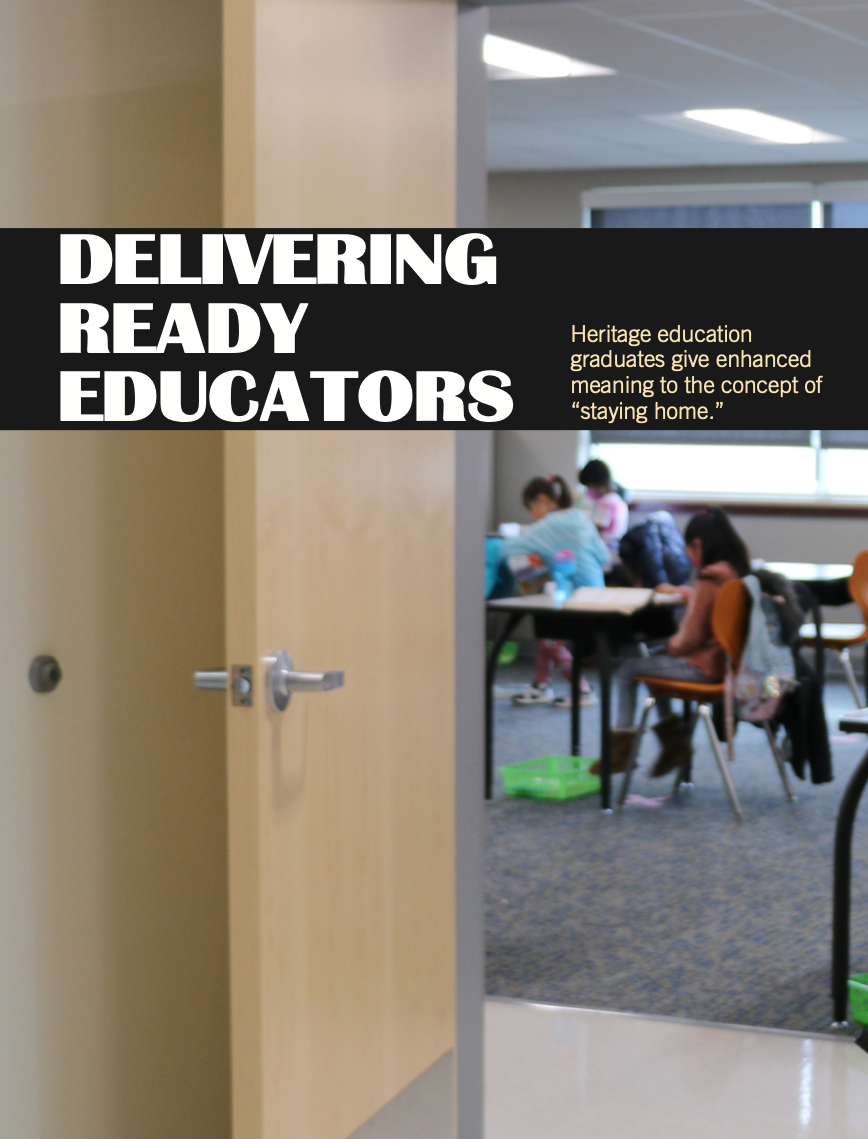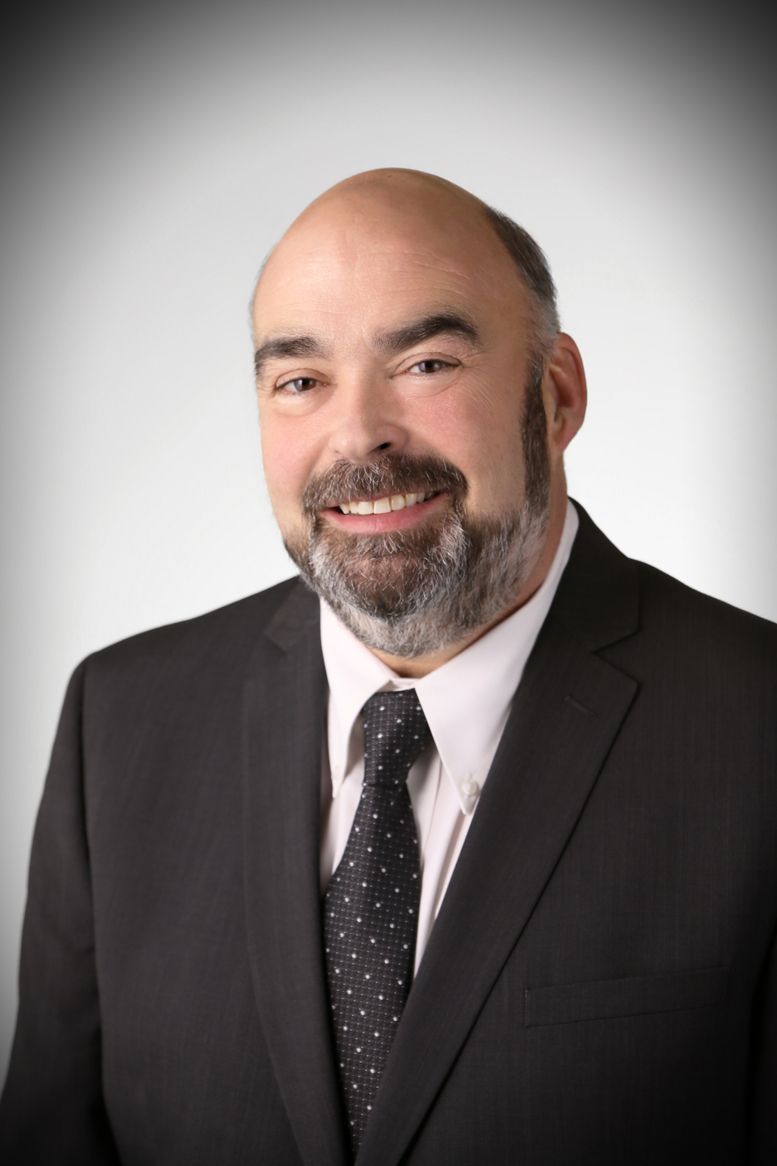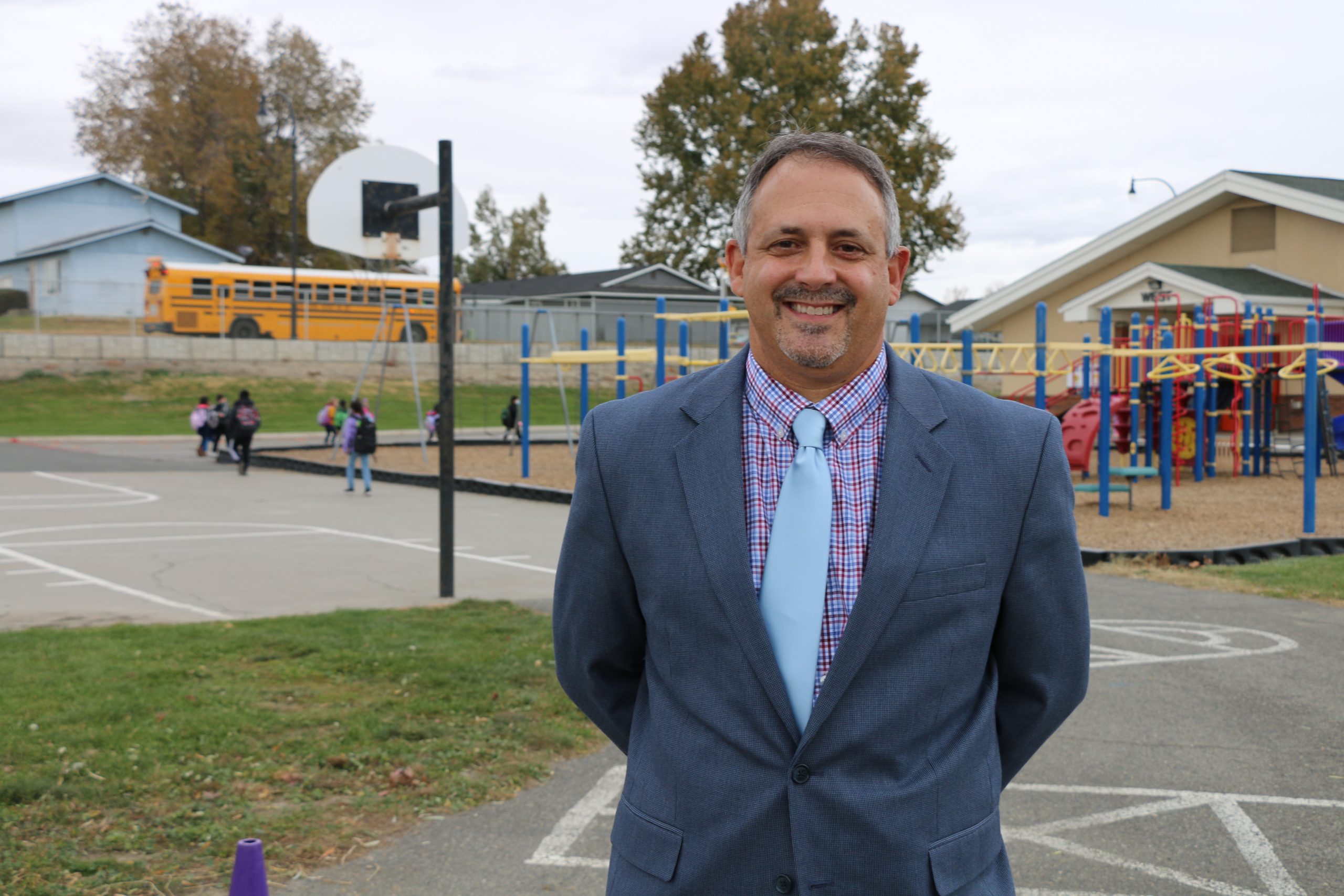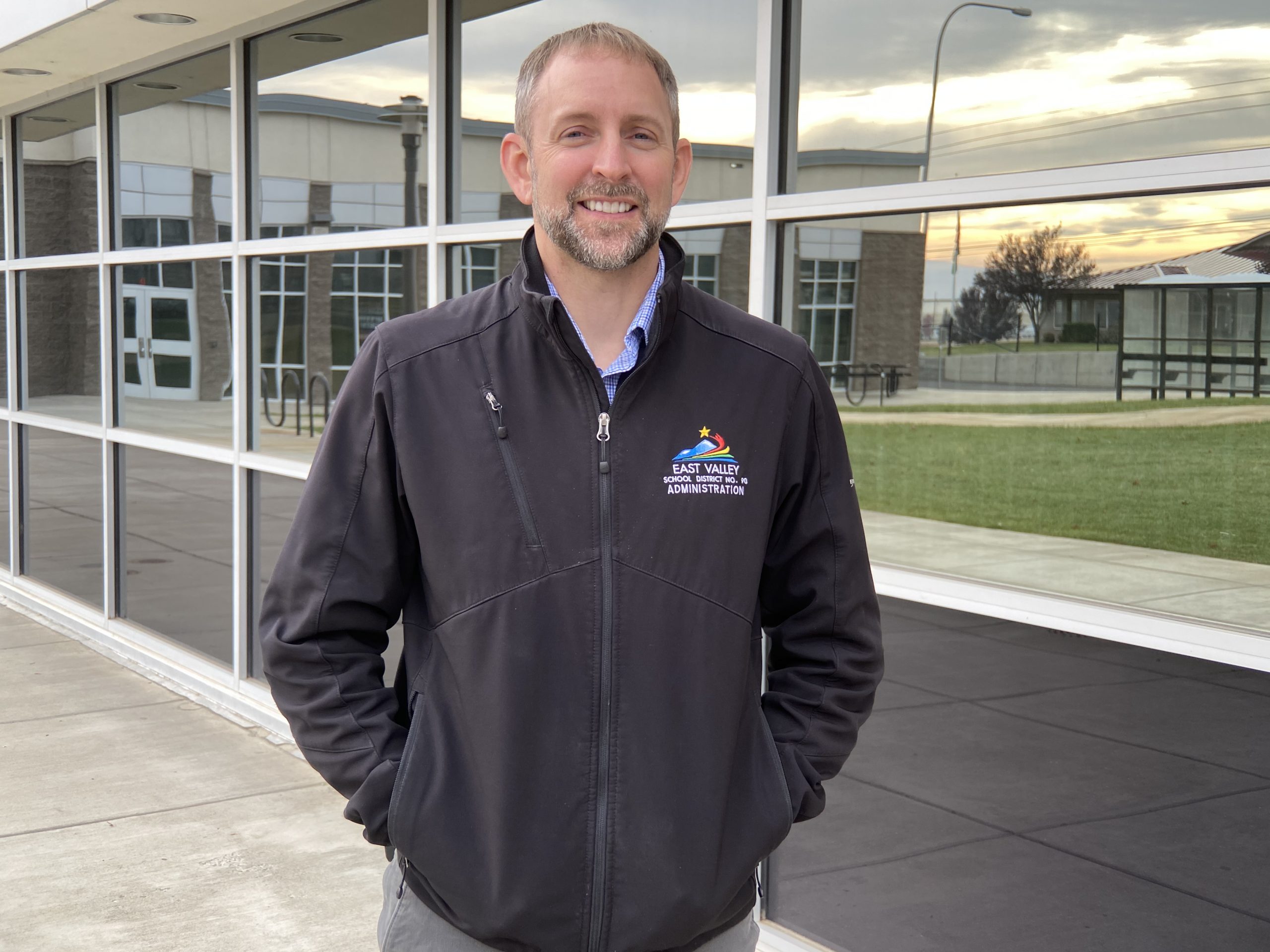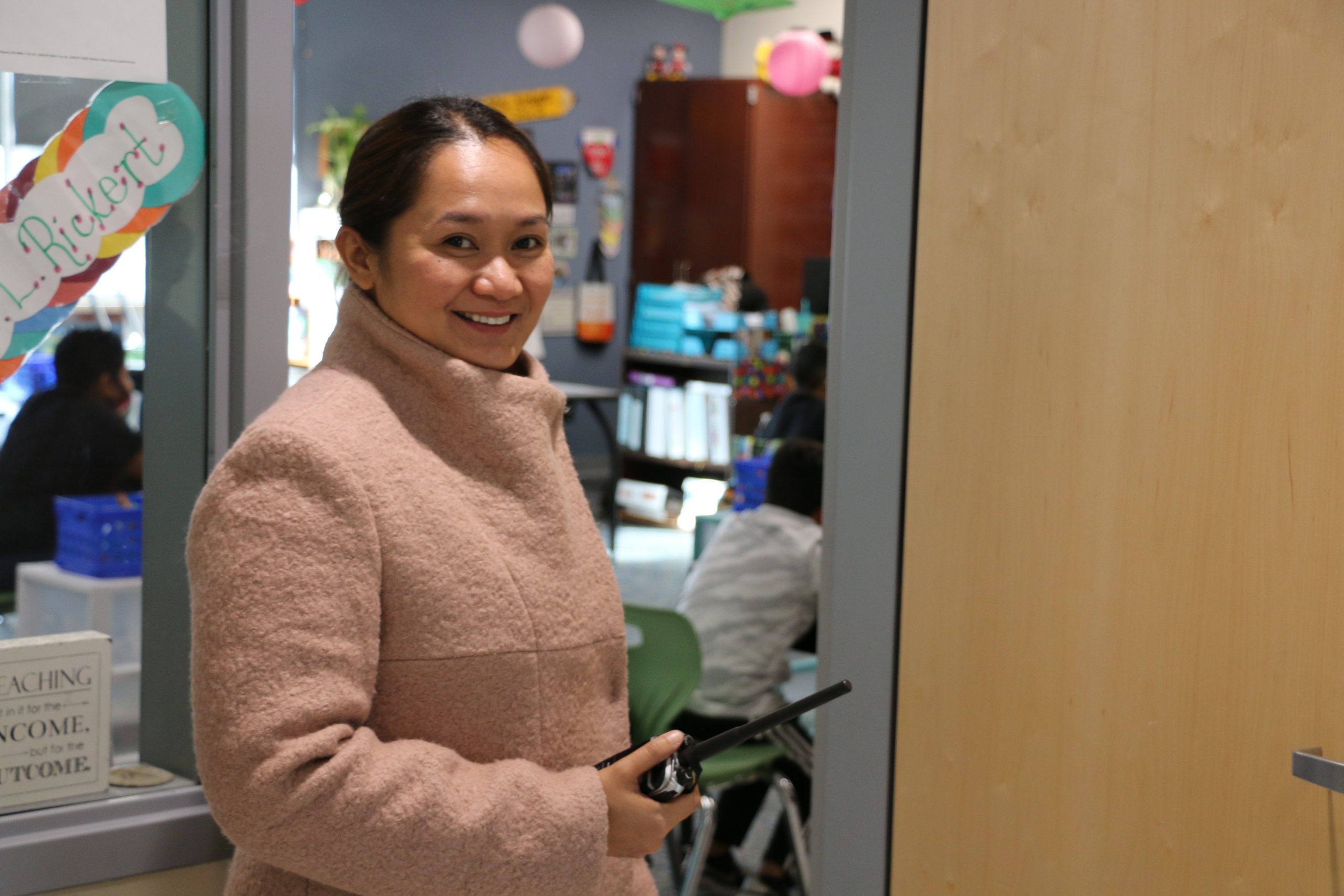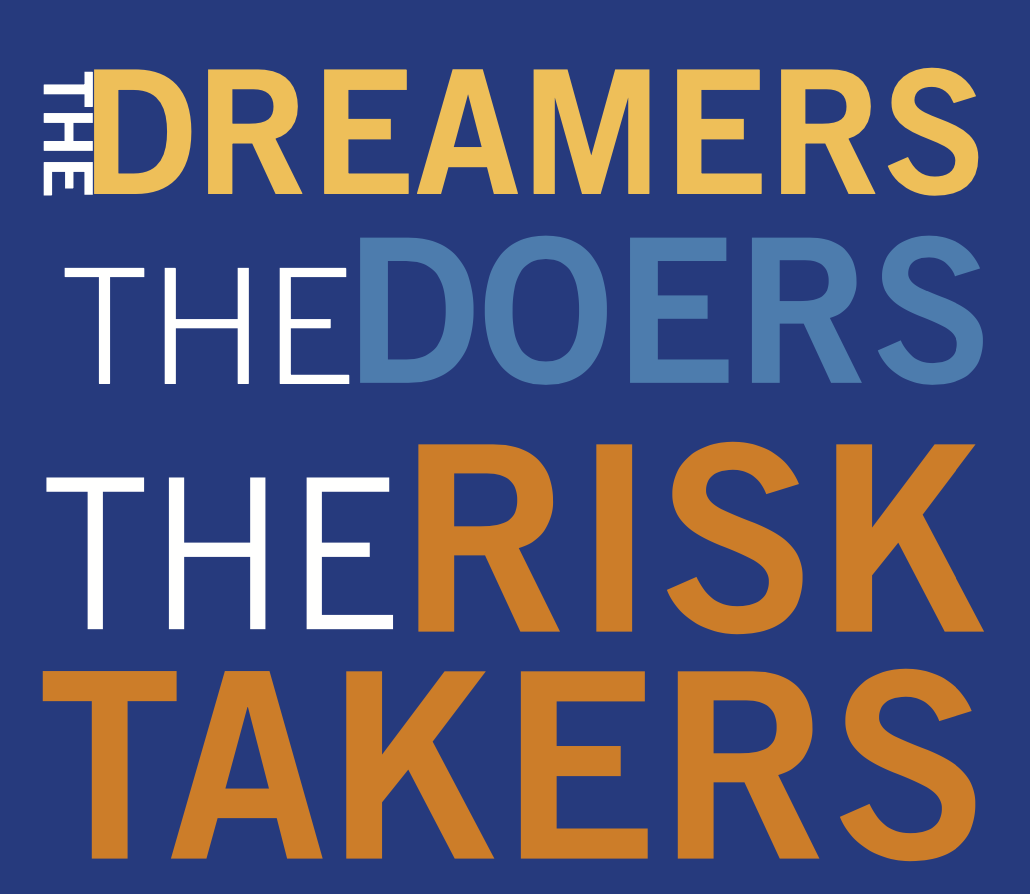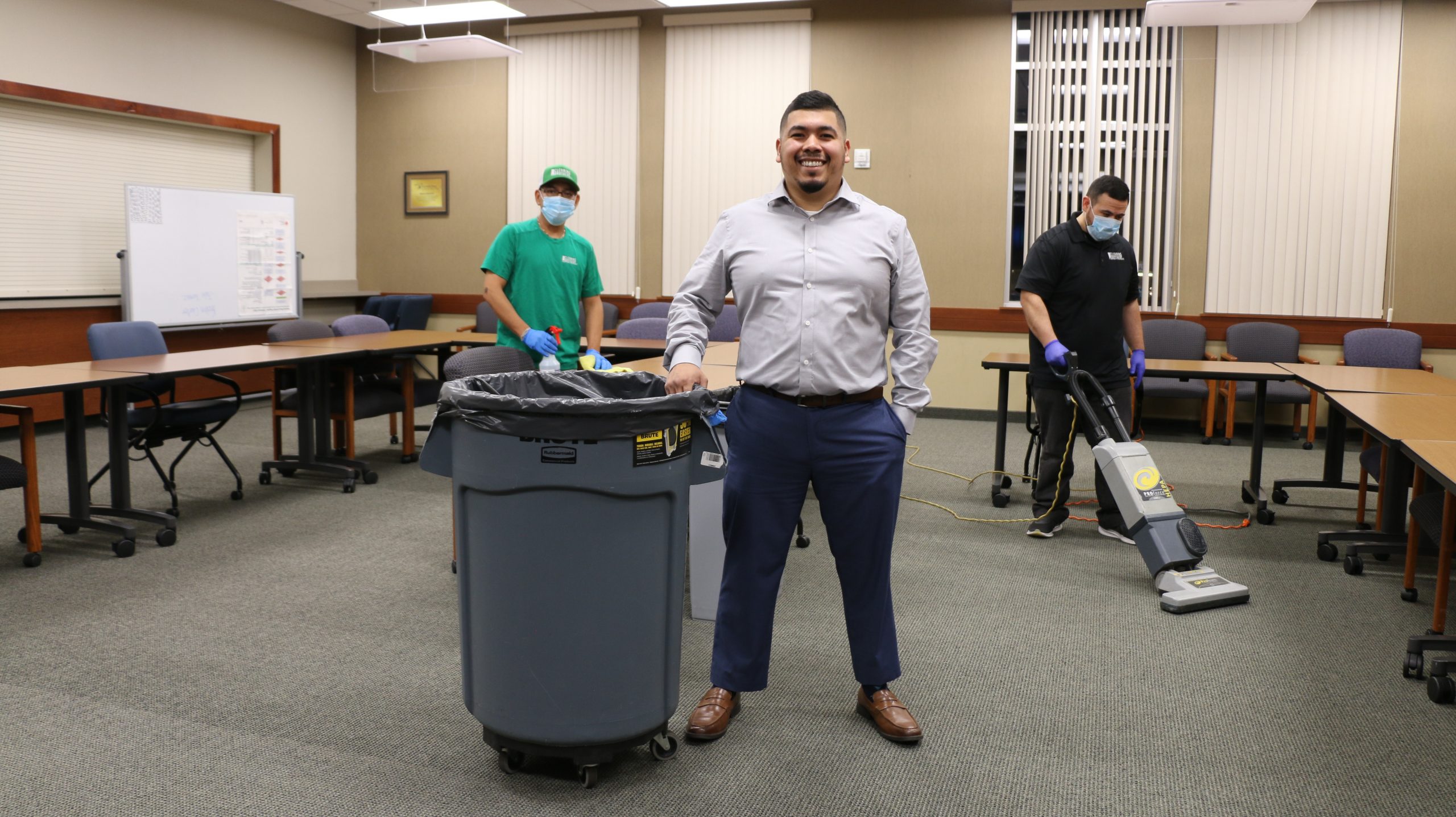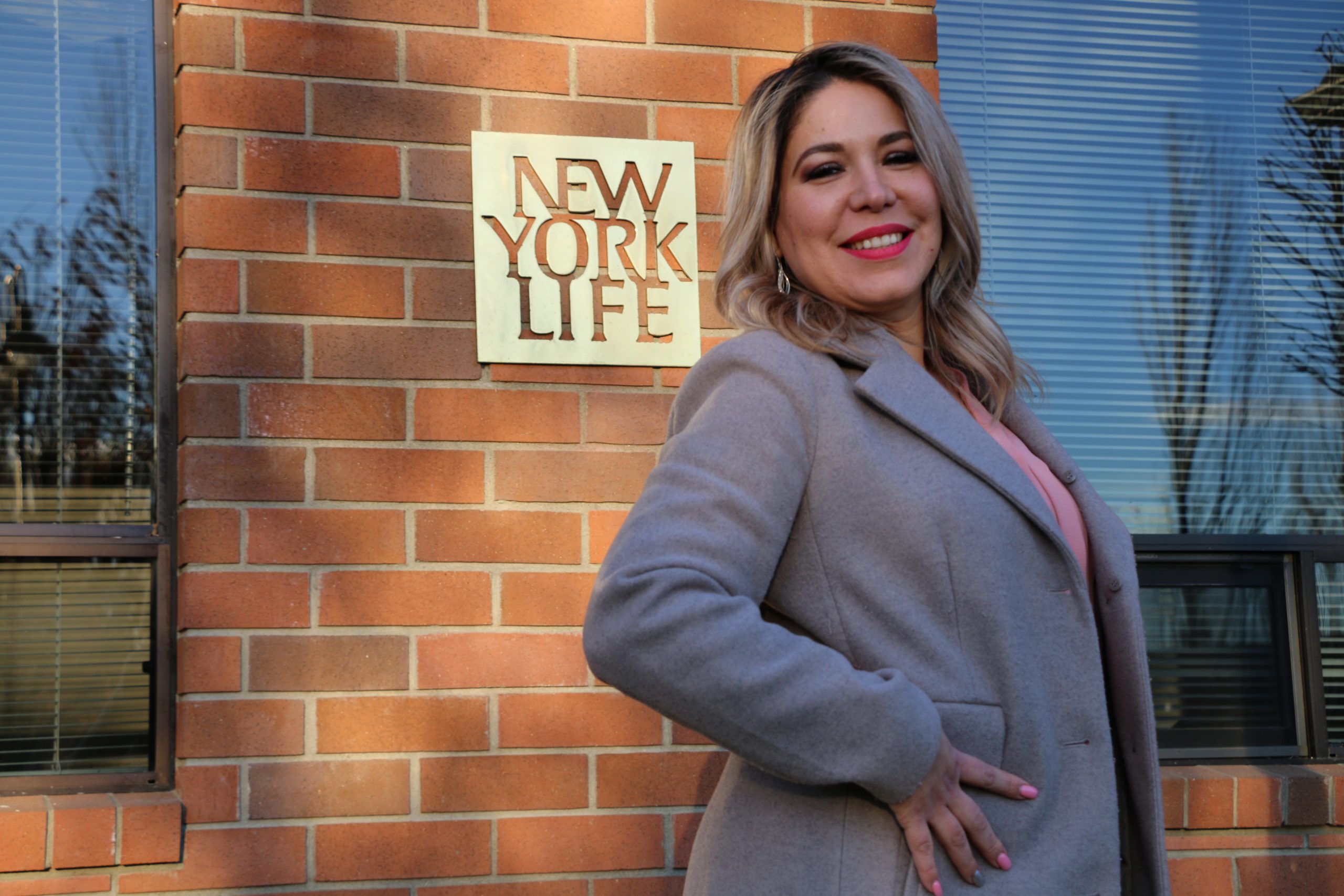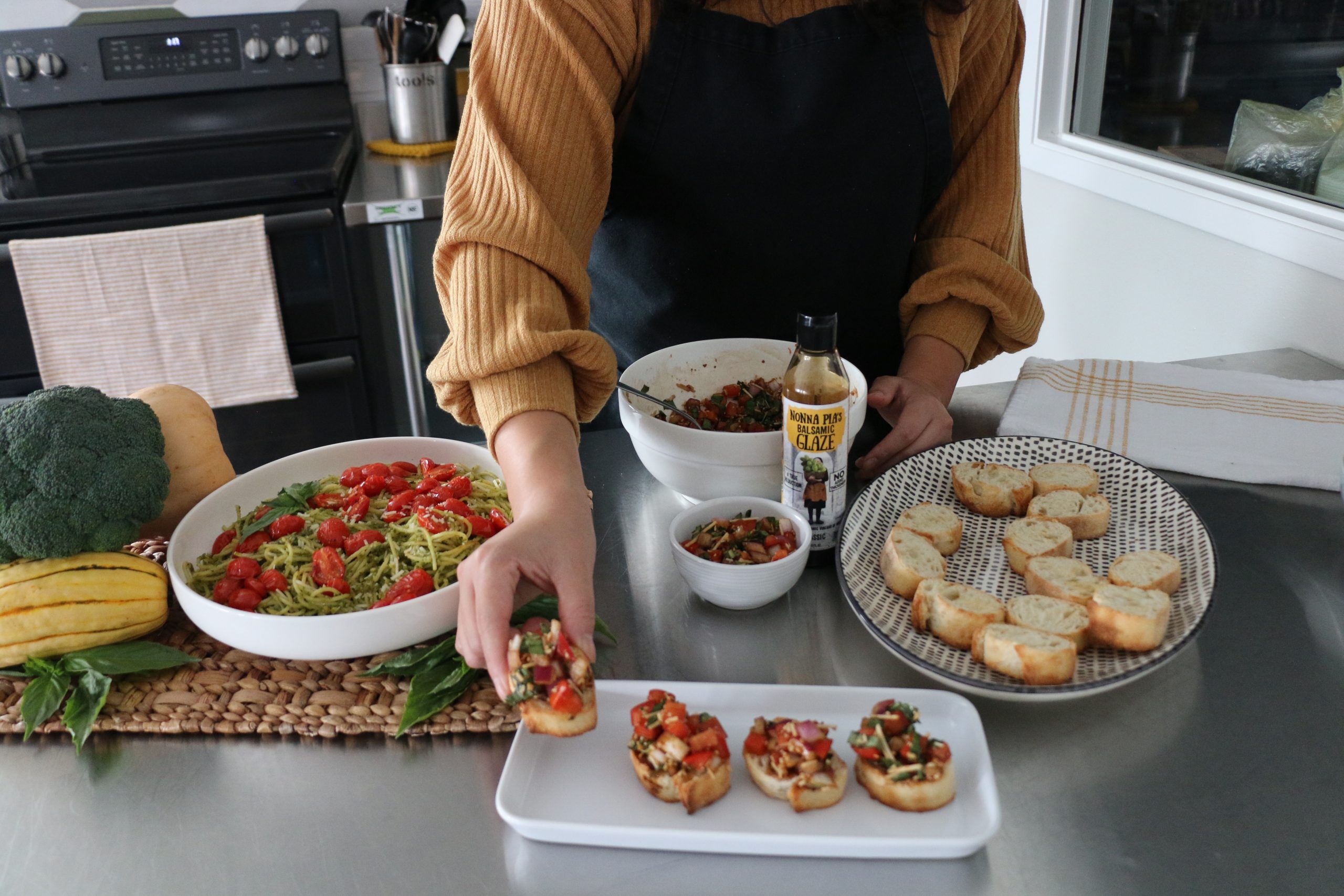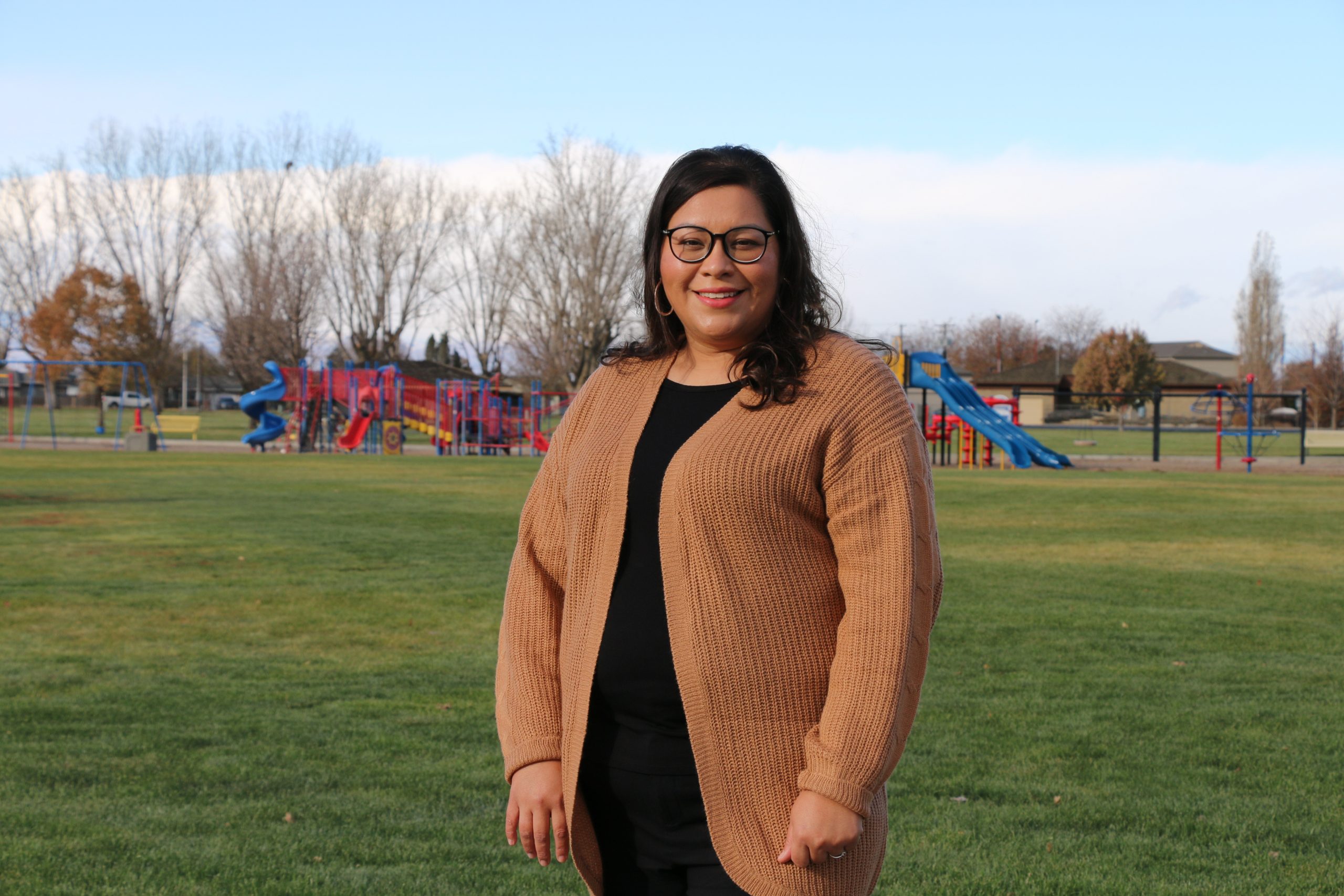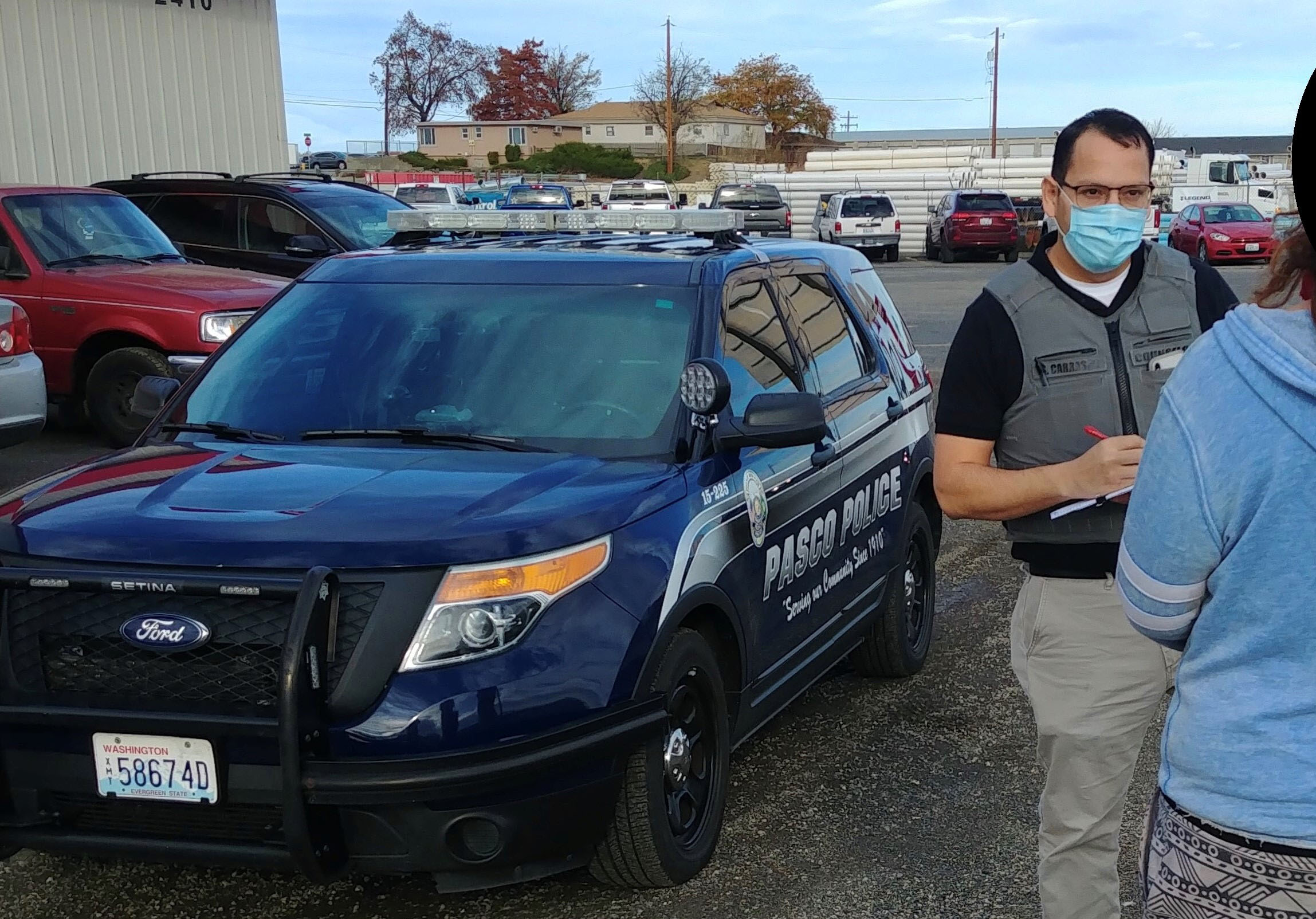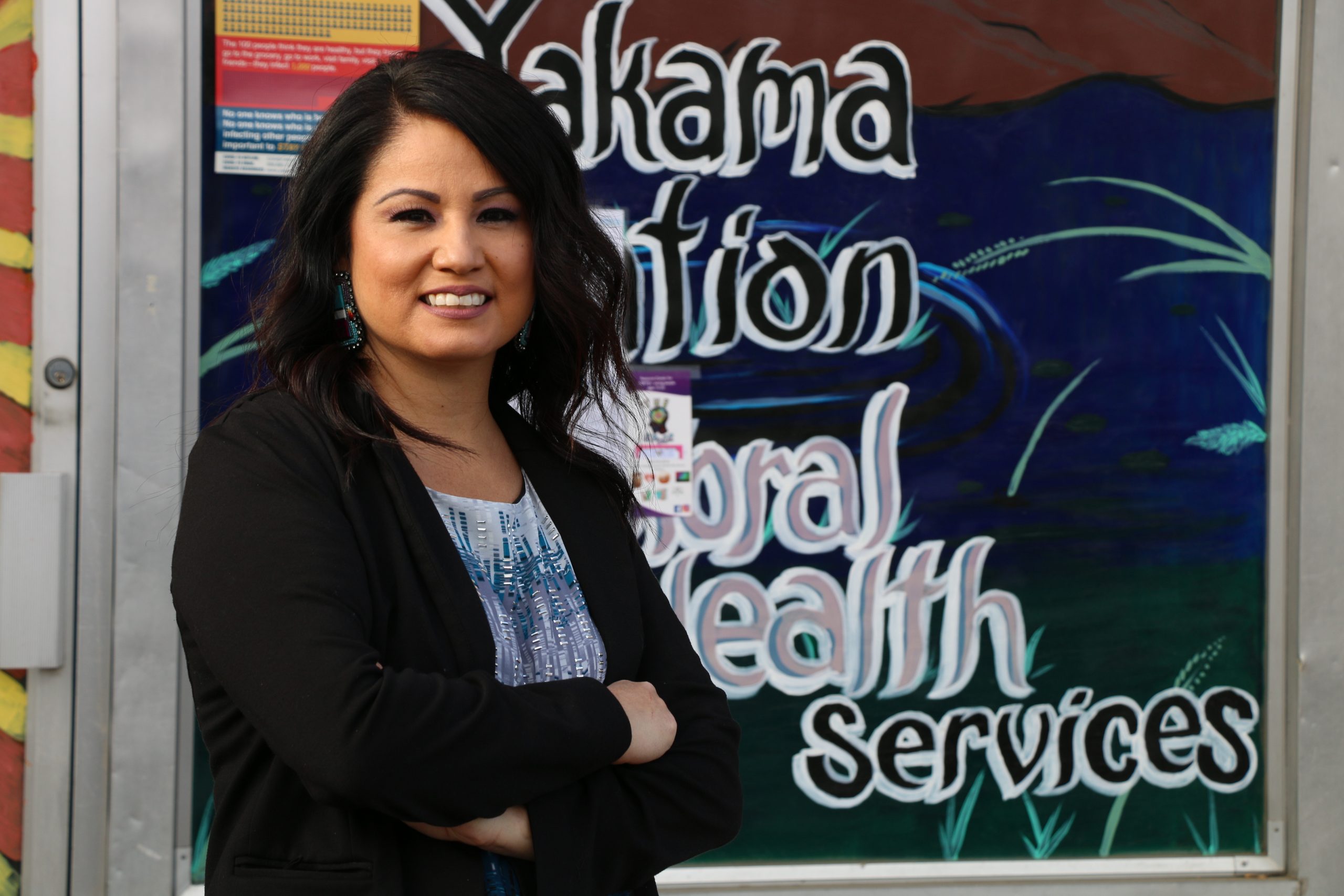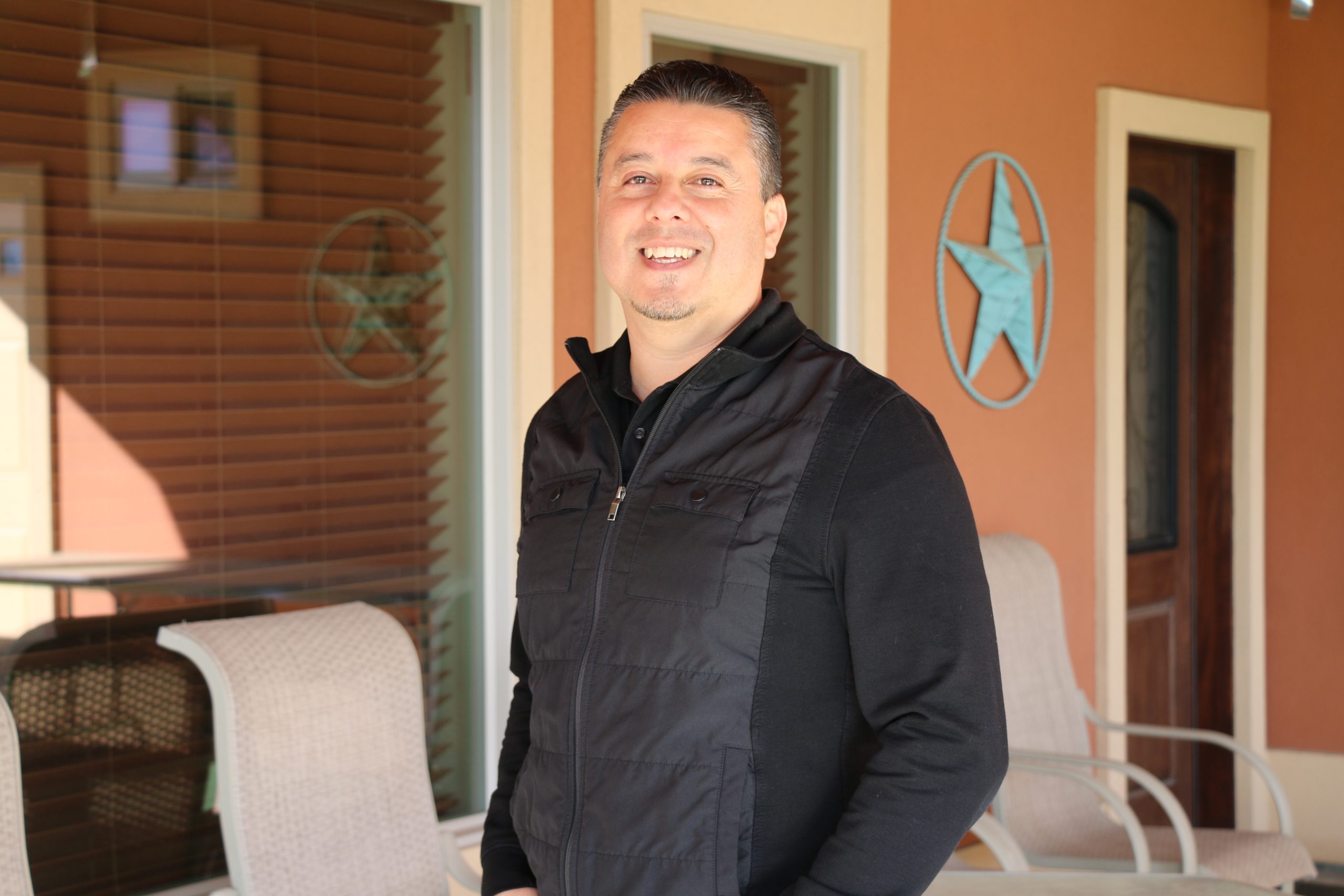Heritage University names new director of Student Life and Engagement
FOR IMMEDIATE RELEASE
Heritage University names a new director of Student Life and Engagement
Toppenish, Wash. – Heritage University is proud to announce the selection of Isaias Guerrero as the university’s new director of Student Life and Engagement. Guerrero, who was already a staff member at Heritage, and who is a graduate of Heritage, moves to Student Life from the TRIO/Student Support Services department following an exhaustive search which determined the best candidate for the role was already close to home.
As director of Student Life and Engagement, Guerrero will be responsible for providing support services for the campus student community through events and group activities designed to engage students by promoting participation, service and leadership.
Dr. Melissa Hill, vice president for Student Affairs at Heritage, is thrilled with the committee’s selection of Guerrero. “Isaias brings a wealth of knowledge to the Student Life department, not only with his work through TRIO but his firsthand experience as an alumnus,” said Hill. “He’s been there as a student and knows what it takes to engage students and create positive experiences for students during their time at Heritage.”
Guerrero said the mentorship and guidance he received at Heritage University helped him succeed as a first-generation college student. “The guidance I received in navigating college was so important to my success because I had no one to relate to at home,” he said. “Heritage became a sanctuary of learning for me. Every day I stepped onto campus was a new adventure. I was excited to see my friends and challenge myself in the classroom. This was possible through my involvement with various campus activities. I want to provide these same opportunities to other students.”
As a student, Guerrero was selected to participate in the Act Six scholarship and leadership program which prepares students to become community leaders. He earned a bachelor’s degree in social work from the university in 2019 and began working for TRIO at Heritage as a retention specialist that same year. Guerrero started his new role as director of Student Life and Engagement on January 21, 2021. Guerrero is studying for his M.Ed. in Educational Leadership with a focus in Student Affairs.
For more information, contact Davidson Mance, media relations coordinator, at (509) 969-6084 or Mance_D@Heritage.edu.
# # #

